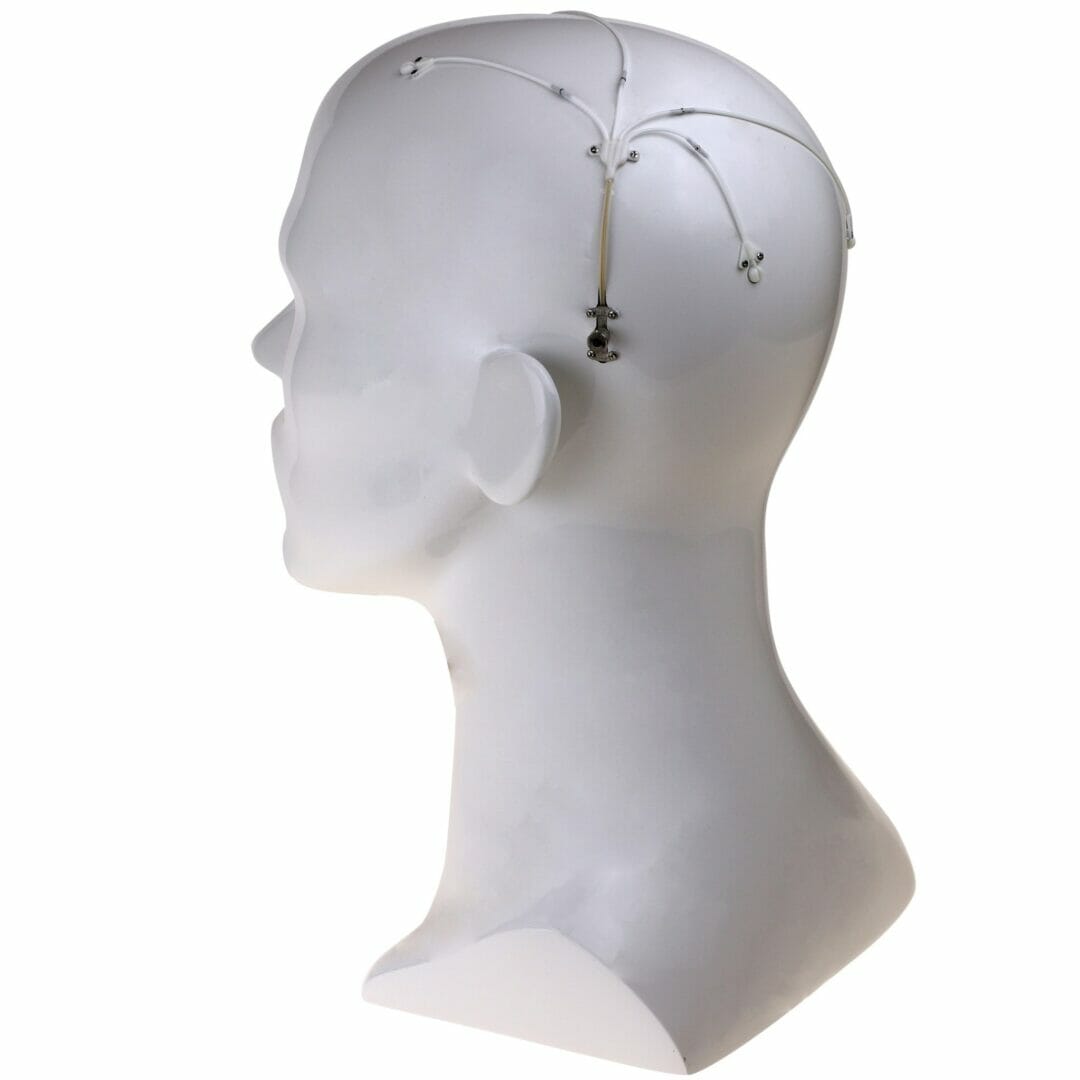On November 8th, 2017 the first patient in a new clinical study was implanted with a novel drug delivery system, developed by Renishaw. The procedure took place at Karolinska University Hospital in Stockholm, Sweden. The implantation marks the beginning of a joint clinical study between Renishaw and Herantis Pharma. This phase I – II clinical study will investigate the treatment of Parkinson’s disease using Cerebral Dopamine Neurotrophic Factor (CDNF) delivered with Renishaw’s system.
Parkinson’s disease is a common debilitating neurodegenerative disease affecting seven million people worldwide. It causes tremors, muscle stiffness and slowness of movement and current therapies treat these symptoms alone. One challenge in developing treatments for this disease is the blood brain barrier, which prevents large molecules from accessing the brain tissue.
“Renishaw’s drug delivery system could be revolutionary in improving treatment options for Parkinson’s disease,” explained Paul Skinner, General Manager for Renishaw’s Neurological Products Division. “The system enables the delivery of large drug molecules, such as CDNF, directly into the brain – circumventing the blood brain barrier.”
“The drug delivery system consists of four catheters which, during the procedure, are accurately implanted into the patient’s putamen, one of the key regions of the brain affected by Parkinson’s disease,” continued Skinner. “The catheters converge in a port mounted to the skull behind the ear, through which drugs will be administered on a monthly basis as part of the study. The system can also be used with other new drug candidates that need to be delivered to precise areas of the brain, which could be crucial in the development of treatments for this and other debilitating diseases.”
The study will involve 18 volunteers across three sites — two in Sweden and one in Finland. It will evaluate the safety and tolerability of the drug delivery system and CDNF, a large molecule that could slow the progression of Parkinson’s disease, improving the quality of life for patients and prolong their lives. For six months, each volunteer will receive monthly infusions of CDNF, or artificial CerebroSpinal Fluid (aCSF) for those receiving the placebo, via the drug delivery system.
The clinical study has received funding from Horizon 2020, the European Union’s research and innovation programme. Following this study, it is hoped that the drug delivery system will be used in clinical trials for the treatment of other neurological conditions, including brain tumours and Huntington’s disease.
For more information about Renishaw’s neurological product range, visit www.renishaw.com/neuro



